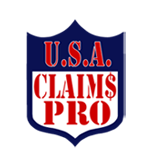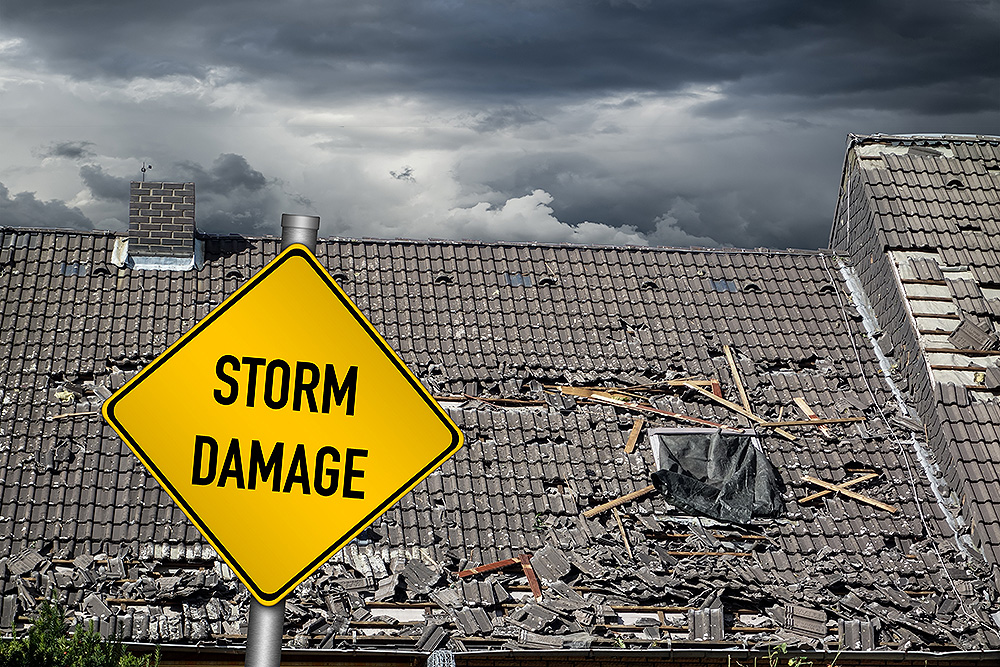Every year, especially in the wake of hurricane season, it is a good idea to review your insurance policy to make sure you understand all terms and conditions. Here are some terms that you might see in your insurance policy and paperwork related to insurance claims.
The Most Important Insurance Policy Terms You Should Know
-
Actual Cash Value – Amount equal to the fair market value immediately preceding the loss.
-
Appraisal – An expert usually performs appraisals to determine the property’s value or extent of the damage. Sometimes, an appraisal can be a helpful process to settle claims. Sometimes, your insurance company might request an appraisal to reduce the amount they pay.
-
Claim – Notify your insurance company of the possibility that a loss might be covered under your policy.
-
Claimant – You. Anyone who claims the right to recovery
-
Claim Examiner – The person who is responsible for investigating and settling your case and belongs to an insurance company.
-
Competitive Estimate – This is when insurance service providers request multiple estimates. After insurance settlement for the damages, your insurance company might request competitive estimates before you pay for repairs.
-
Depreciation – Value loss due to wear and tear age, and general wear.
-
Declarations – This is the part of your policy that includes your address and name; the property being insured, its location or description; the policy term; the amount of coverage, and applicable premiums.
-
Deductible – You are responsible for the loss before the insurance company pays you.
-
Endorsement (a.k.a Rider) – An insurance policy amendment can be used to add or remove coverage.
-
Exclusion – Some conditions and causes that are not covered by insurance policies may be listed.
-
Field Adjuster – A field adjuster is an insurance adjuster who works mostly outside the office and meets with the public. Field adjusters are able to conduct face-to-face meetings, negotiate with claimants, do scene investigations and conduct damage inspections.
-
First Party – The term used to refer (you) to an insured.
-
Insured – You, the policyholder. The person or persons who are protected in the event of a claim or loss. The policy declarations page identifies the person or entity.
-
Insurer – The insurance company.
-
Limits of Liability – The maximum amount that the insurance company will cover you up to.
-
Loss – Any dollar amount that is incurred for property damage or any event that causes property damage.
-
Loss of Use – Inability to use property due to an insured event.
-
Mortgagee – Lender who holds a mortgage on the property. A mortgage requires that the lender is included as an “additional insurance” on the policy. This ensures that settlement checks include the lender.
-
Peril – A possible loss could be caused by fire, theft, hail, or other causes.
-
Personal Property – Other property than real estates such as jewelry or furniture. It’s often said that the contents of a property are what would cause it to fall if it were turned upside down and shaken.
-
Policy – The written contract of insurance.
-
Release – An insurance company’s legally binding contract that states that they have fulfilled all past, present, and future obligations arising out of a specific accident or occurrence. A release should only be signed if you are accompanied by an attorney.
-
Replacement Cost – It covers the cost of replacing or repairing an insured item. Insurance policies only cover the cash value or market value of an item at the time it is lost, not the cost of fixing or replacing it.
-
Replacement Value – The total cost of repairing or replacing the damaged property, minus any deductions for depreciation. This is subject to contract and policy limitations.
-
Total Loss – Property damaged so severely that it is impossible to repair.
Need Insurance Claim Help?
ClaimsPro USA can help you if your insurance claims are slow or you receive less settlement than you had expected. Even if your settlement was satisfactory, there may be damage that you didn’t see. Their experts can provide you with comprehensive damage estimates, and help in insurance policy interpretation and negotiation to get more for your claim.
They are a leading team of public insurance adjusters who help you get a fair settlement for your damages. You can also opt for a Wind Damage Claim, fire damage claim, business interruption claim, and so on. The entire team is dedicated to offering you the best insurance services that meet all your expectations.

